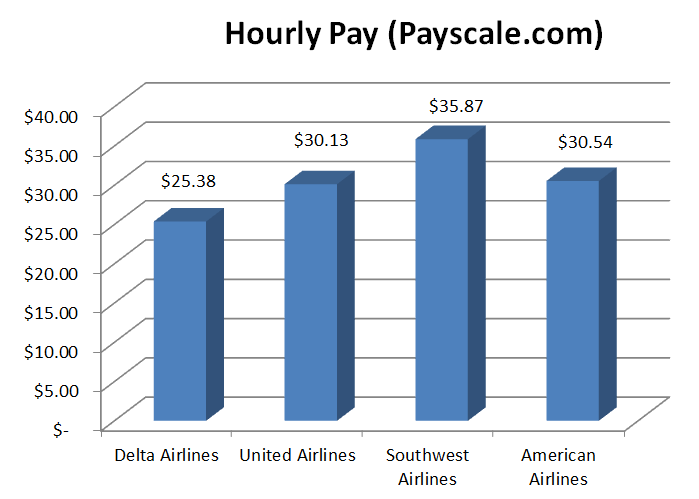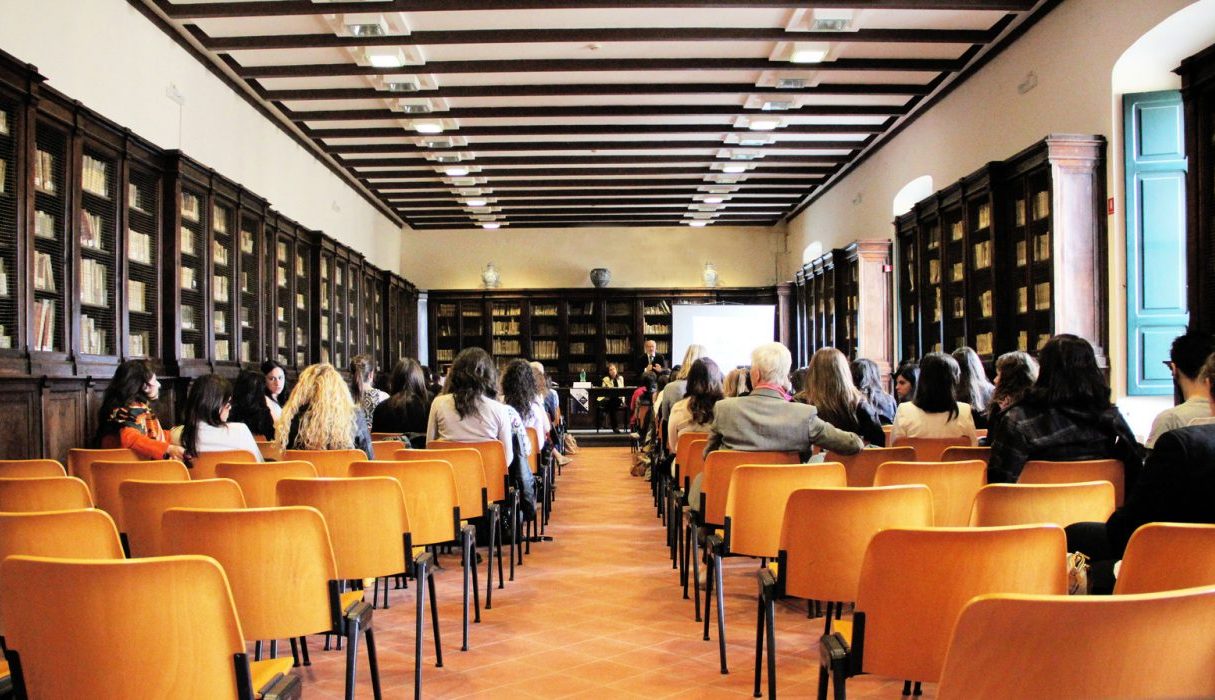Chances are good you’ve been on a plane at least once in your life. Have you ever looked at the flight attendants and wondered what their lifestyle is like? Maybe you’ve wondered how many different parts of the world they’ve seen, or how many interesting people they’ve met, or how many unique languages they’ve heard. If you’ve ever spent any amount of time thinking that the flight attendant’s lifestyle might be for you, here are a few things worth considering when you start looking for this dream job.
First, know that being a flight attendant has a few barriers for the level of pay and benefits assuming that you appreciate travel as a huge benefit. When it comes to pay, it is important that you know that flight attendants get paid for in-flight hours only (with a small Per Diem during down-time). Flight attendant pay is notoriously low starting out. I’m talking 18k to 20k guaranteed per year, with a standard 80 hours guaranteed per month. Though the longer you do it, it tends to level out to a livable salary.
According to Payscale.com (2013), the average hourly rate for flight attendants of the big four airlines are:
- Delta Airlines – $25.38
- United Airlines – $30.13
- Southwest Airlines – $35.87
- American Airlines – $30.54

Securing a job as a flight attendant does not require extensive schooling or years of training the way many other service industry jobs do. Instead, flight attendants rely on a small set of interpersonal skills. In other words, you have to be well adjusted, personable, and able to keep your cool.
Also, a high school diploma is almost always required by airlines looking to hire new flight attendants. Sometimes a simple GED will do, but to really stand out from the other prospective hires, a high school diploma is highly encouraged.
There are a number of physical requirements to keep in mind as well. Most airlines prefer to hire people no shorter than 5’1″ and no taller than 6’3″. In addition to this, general physical fitness is greatly preferred, as being a flight attendant can be physically demanding due to the size of airplanes and the tasks of handling luggage as needed.
It probably goes without saying, but your personal hygiene skills will be under scrutiny as well; since you will be one of the few employees interacting directly with customers, the airlines will want to know that you’re representing their company well.
Previous customer service experience is also going to be extremely important when an airline is considering you as a potential new hire. They will want to see that you’ve held similarly customer-centric jobs and have at least some experience dealing with people in a professional capacity.
While they won’t necessarily be able to see the extent of all your “people skills” in just the course of the interview, they’ll want to see that you held these jobs for a reasonable amount of time. A call to one or two of your previous employers would also likely be appropriate, as they will be able to vouch for your work ethic and personable attitude.
That said, even if you don’t have a wealth of customer service experience under your belt, the interview is your first and best opportunity to really impress the company you hope to work for. Be courteous and polite, but don’t lay it on too thick; remember to be yourself. Let them know that you can keep a level head and that you’re well-spoken.
Which brings us to English fluency. You’re going to want to demonstrate that you have an excellent command of the English language, as communicating clearly and efficiently to customers is going to be important in your new job.
You can also give yourself a leg up on the competition if you speak more than one language; in fact, if you have a working knowledge of multiple languages, you may find many more doors opening for you.
.As with most employers in heavily regulated industries, a background and drug test will be required by whichever airline has taken an interest in you. Be prepared for this. Furthermore, you will have to prove your US citizenship if you want to work for an airline based in the US.
Once you have decided that a career as a flight attendant is right for you, there are quite a few ways of finding out which airlines are hiring. Most of the major airlines have Careers sections of their websites where any current openings will be posted. Most applications can be done online, with a personal follow-up afterward if they like what they see.
In addition to this, many flight attendants are hired through the hidden job market. Sometimes, the first persons to know about job openings are other flight attendants, and then they refer their friends to the opening. Do some networking and direct contacting to keep an eye on these.
The interview process can be difficult, as public speaking skills will need to be demonstrated, often in relatively sizable groups. If you’re a people person, want to travel the world, and don’t mind relocating if it’s asked of you, then consider a career as a flight attendant.


i am looking in to a travel academy. its gonna cost me and the training take 2 1/2 months to complete is this a smart move? they also provide life time placement